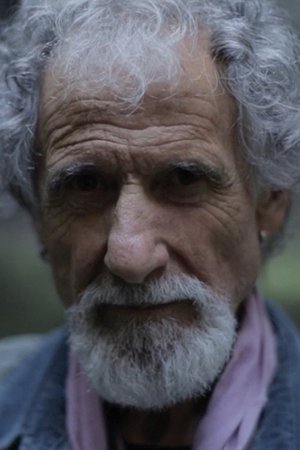Frank Serpico (b. 1936)
Alias:
Francesco Vincent Serpico
Birthplace:
Brooklyn, New York City, New York, USA
Born:
April 16, 1936
Francesco Vincent Serpico (born April 14, 1936) is an American retired New York Police Department detective, best known for whistleblowing on police corruption. In the late 1960s and early 1970s, he was a plainclothes police officer working in Brooklyn, the Bronx and Manhattan to expose vice racketeering. In 1967, he reported credible evidence of widespread police corruption, to no effect. In 1970, he contributed to a front-page story in The New York Times on widespread corruption in the NYPD, which drew national attention to the problem. Mayor John V. Lindsay appointed a five-member panel to investigate accusations of police corruption, which became the Knapp Commission. Serpico was shot in the face during an arrest attempt on February 3, 1971, at 778 Driggs Avenue, in Williamsburg, Brooklyn. The bullet severed an auditory nerve, and left bullet fragments lodged in his brain. The circumstances surrounding Serpico's shooting were quickly called into question, raising the possibility that Serpico had been taken to the apartment by his colleagues to be murdered. There was no formal investigation, but Edgar Echevarria, who had shot Serpico, was subsequently convicted of attempted murder. Much of Serpico's fame came after the release of the 1973 film Serpico, in which he was portrayed by Al Pacino, based on the book of the same name by Peter Maas. On June 27, 2013, the USA Section of ANPS (National Association of Italian State Police) awarded him the "Saint Michael Archangel Prize". During the ceremony, he received his first Italian passport and gained Italian citizenship. Description above from the Wikipedia article Frank Serpico licensed under CC-BY-SA, full list of contributors on Wikipedia.





